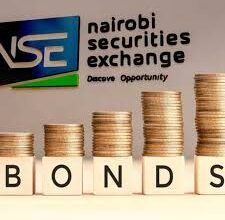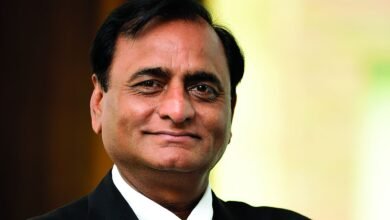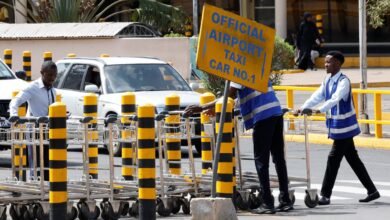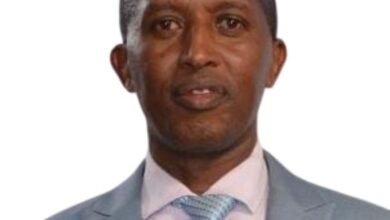
Aliko Dangote, Africa’s wealthiest man, has expressed his willingness to sell his multi-billion-dollar oil refinery to the state-owned energy company NNPC Limited.
This announcement comes amid a new dispute with one of the key equity partners in the plant and ongoing issues with regulatory authorities in Nigeria.
The 650,000 barrel-per-day refinery, which began operations last year after a decade of construction, cost $19 billion—more than double the initial estimate.
It aims to reduce Nigeria’s reliance on imported fuel and save up to 30% of the foreign exchange spent on imports.
“Let them (NNPC) buy me out and run the refinery the best way they can. They have labeled me a monopolist. That’s an incorrect and unfair allegation, but it’s OK. If they buy me out, at least their so-called monopolist would be out of the way,” Dangote told PREMIUM TIMES in an exclusive interview on Sunday.
“We have been facing a fuel crisis since the 70s. This refinery can help resolve the problem, but it seems some people are uncomfortable with my involvement. So I am ready to let go, let the NNPC buy me out and run the refinery,” he added.
Dangote’s venture into the oil and gas sector, after years of dominating Nigeria’s cement, salt, and sugar industries, is encountering significant challenges.
Also Read: Dangote’s Networth Up $2 Billion in January 2024
Despite being set to roll out its first petrol to the Nigerian market in August, the plant has been operating at just over half capacity due to difficulties in sourcing crude from international producers.
Dangote Refinery has faced issues with suppliers demanding high premiums or claiming product unavailability.
According to S&P Global Platts, NNPC has delivered only 6.9 million barrels of oil to the plant since operations began, despite an agreement to supply crude and acquire a 20% equity stake in the refinery—only 7.2% of which has been fully paid.
The refinery has turned to Brazil and the US to bridge the supply gap.
“As you probably know, I am 67 years old. In less than three years, I will be 70. I need very little to live the rest of my life. I can’t take the refinery or any other property to my grave. Everything I do is in the interest of my country,” Dangote said.
“Four years ago, one of my wealthy friends began investing abroad. I disagreed and urged him to rethink in the interest of our country. He blamed his actions on policy inconsistencies and interest group shenanigans. He has been taunting me recently, saying he warned me and has been proven right,” Dangote added.
Last month, Devakumar Edwin, vice president of oil and gas at the Dangote Group, accused the Nigerian Midstream and Downstream Petroleum Regulatory Authority (NMDPRA) of allowing marketers to import dirty fuel into the country.
In response, Farouk Ahmed, chief of NMDPRA, claimed that diesel from Dangote’s refinery, as well as from Waltersmith and Aradel, contained high sulfur levels.
Ahmed said the sulfur content in Dangote’s diesel ranged from 650 ppm to 1,200 ppm, compared to the West African requirement of 50 ppm.
On July 21, Dangote refuted these claims during a tour of the Dangote Petroleum Refinery and the Dangote Fertiliser Limited complex by members of the House of Representatives.
According to Dangote, lab tests revealed that their diesel had a sulfur content of 87.6 ppm, while other samples showed levels exceeding 1,800 ppm and 2,000 ppm.
He challenged the regulator to compare the quality of refined products from his refinery with imports, advocating for an impartial assessment.
Dangote also announced plans to halt his investment in Nigeria’s steel industry to avoid accusations of monopoly.
“You know, about doing a new business which we announced, that is, steel. Actually, our board has decided that we shouldn’t do the steel because if we do the steel business, we will be called all sorts of names like monopoly. And then also, imports will be encouraged,” Dangote said.





